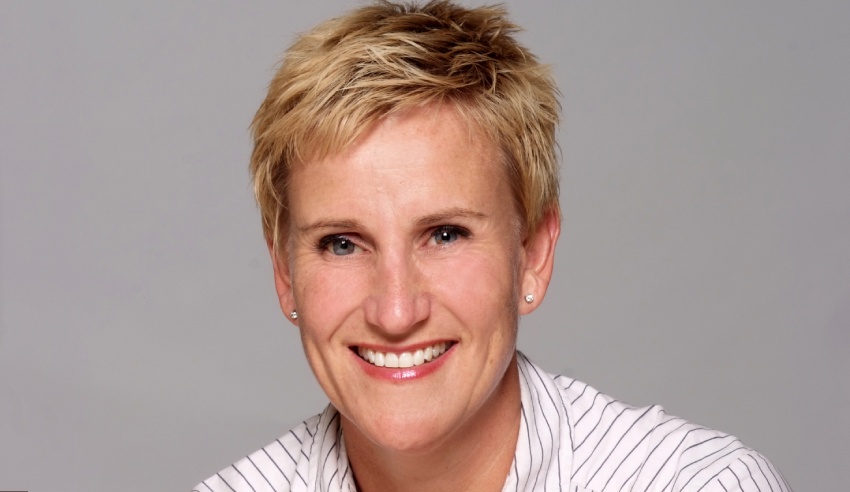If lawyers are experts in the interpretation and application of health and safety legislation, then their role should clearly be to provide legal advice only, and avoid the temptation of advising on matters of operational safety, writes Sue Bottrell.

As much as the industrial revolution was a time of transition, employee safety was never a consideration – and if workers were seriously injured, employers weren’t held to account.
Changes in workplace law and the rights of workers and employee welfare are a vastly different landscape to what started more than 200 years ago.
But injuries happen no matter how safe a workplace is, which is why as a lawyer you know a client may receive a hefty fine, or jail time in the event they kill or seriously injure someone at work.
What many may be unaware of is those providing advice to business on how to manage safety potentially face fines and jail time if the advice leads to death or serious injury of a worker.
Western Australia has recently passed legislation that imposes duties on those who provide health and safety advice and provides for their prosecution if they fail to meet their duty to ensure, so far as is reasonably practicable, that the WHS services provided in relation to, a workplace will not put at risk the health and safety of persons who are at the workplace, particularly in respect of risk management, plant safety and delivery of training.
It brings into stark focus why there is a need to be qualified to provide safety advice, and the risks lawyers face when they do provide “safety” advice to clients, when they aren’t qualified or competent to do so.
If lawyers are experts in the interpretation and application of health and safety legislation, then their role should clearly be to provide legal advice only, and avoid the temptation of advising on matters of operational safety.
Lawyers shouldn’t:
An area of particular complexity is the application of duties under health and safety legislation to contractor safety management.
Many employers have been saddled with huge fines, entered into costly enforceable undertakings or a misplaced guilty plea due to poor advice received from lawyers who do not specialise in this area. The most common area is not clearly understanding the obligations owed between contractor and principal contractors for the management of risks arising from contractors’ work.
While all but one state operate under “harmonised” health and safety legislation, differences still remain and must be considered when providing competent advice.
In all states, employers must obtain advice from “suitably qualified” safety professionals who have both qualifications in safety and relevant industry experience – explicitly included in the Victorian OHS Act and implied in all other jurisdictions and obtaining advice from a lawyer about operational safety management doesn’t cut it.
The Legal Profession Uniform Law prevents people without legal qualifications and a current practising certificate from providing legal advice, and lawyers not properly qualified shouldn’t provide safety advice. Health and safety is no different to any other form of law, and lawyers are cautioned not to underestimate its complexity.
Yet help is at hand. Australian Institute of Health and Safety Certified Safety Professionals are a valuable resource to call when safety advice sought from a client extends beyond your professional expertise and into matters of operational safety advice. Throw into the mix an increasing number of lawyers who specialise in the area of health and safety, especially contractor safety management.
Sue Bottrell is a legal counsel for LinkSafe.